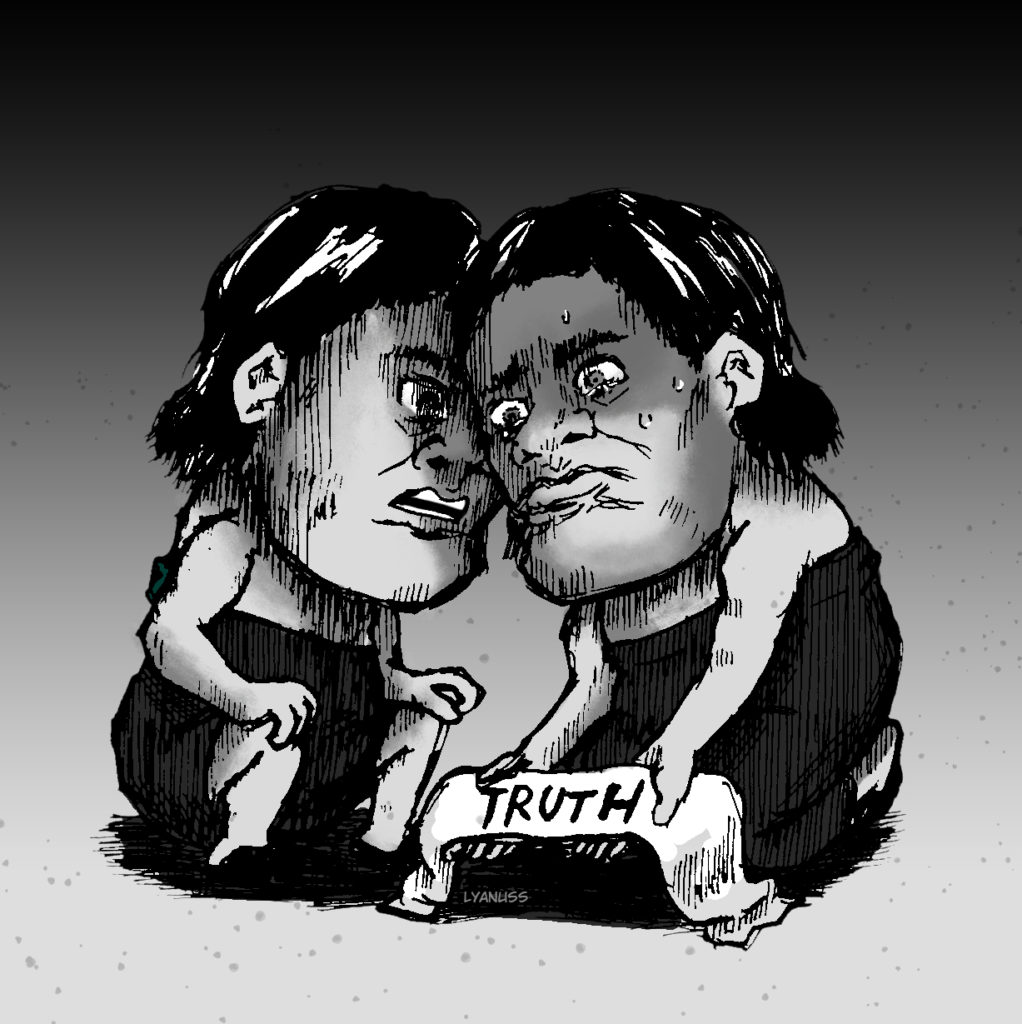
Humans are arguably the most intelligent beings in the world. From our complex emotions to our impressive problem-solving skills, many of our abilities surpass those of many other living things. This is because of heuristics, the ability to make quick decisions. We use this method to come up with quick solutions to problems and while they are effective for short-term goals, such as selecting a dish on a menu or a pair of pants while getting ready in the morning, it has one significant drawback — bias.
Our brains are hardwired to be biased. According to Jarret Jackson for Forbes, “We categorize information to store it, which means we have to make judgments. Those judgments rely on our past experiences, which, in turn, shape our perspectives.” In short, biases help prevent us from repeating mistakes by shaping our decisions. And while this may seem like a foolproof method, it prevents us from having a mind open to new ideas and possibly the truth. For example, doctors are generally advised not to have relatives as patients. This is because their emotional involvement with their relatives could possibly inhibit their ability to make the best decisions for them.
Other situations that have long-term effects, like selecting our political leaders, are ones we are all prone to have biases in too, which is why eradicating these biases is important.
Keep in mind that there are multiple types of biases and each one is its own topic. However, each of these generally has the same solutions so let us talk about them.
First, consult others. No one is right all the time, including you, so being open to other people’s perspectives can help you realize more of the pros and cons, leading to better decisions. A good instance of this is when an artist consults their peers about an art piece. Having other pairs of eyes to look at their work allows them to see details they initially missed, leading to a stronger final output.
Next, when in doubt, look at data and information — and make sure they are reliable. When you are unsure about something and there are tangible ways to interpret them, do so. For example, if you find yourself torn between two brands of shampoo, look at the ingredients. Which one has more ingredients that have been proven to be harmful? Which one has the most benefits? Considering facts like these can help you make better decisions.
Another thing you must consider is the long-term effects and future. A great example of this situation is the previously mentioned decision of selecting our political leaders. Your candidate might treat you well now, but will they have your back when times go bad in the future? Will they be able to fight for you and our country? When making choices, always think about their effects on you and on others.
Most importantly, to reduce bias, reflect on your own views and values. When deciding on a matter, ask yourself “Does this align with my beliefs and goals?” This way, you can prevent cognitive dissonance, a phenomenon wherein one’s beliefs conflict with each other. From deciding on a shirt to wear to selecting the president of our country, by keeping our values in check, we can ensure ourselves that all of our goals will be reached.
It is inherent for a rational being, such as us humans, to create our perspectives and form a gospel truth out of them. Our biases may form the very core of our beliefs, often, if not sometimes, shrugging off new perceptions and being too fixed with our current mindset.
But keep in mind that the world does not just revolve around you. A person cannot live in their own biases. But to foster harmony, one should learn to take down their ego, and open their minds to new beliefs and possibilities.
Truth is relative. But let’s avoid faulty thinking. The truth isn’t always measured on whether you experience it or not. Biases can be paradoxical — they are proof that we are a thinking being, but they also prevent us from thinking further.
Let’s transcend our biases into collective ideas edified by established facts. Egos down. Mind up.


